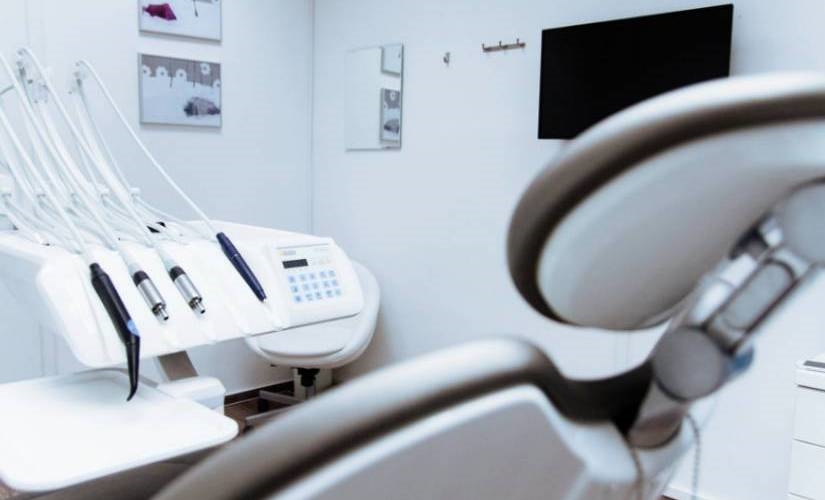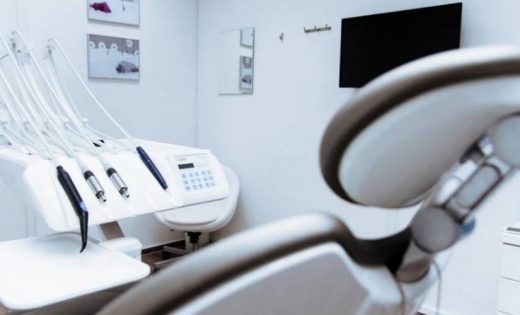Smart Cities Solving Today’s Healthcare Challenges
Smart Cities Solving Today’s Healthcare Challenges

According to the United Nations, 68% of the world’s population is projected to live in urban settings by 2050. With over 6,000 hospitals in the United States and over 36.5 million admissions annually, as reported by the American Hospital Association, health organizations are constantly being challenged. Here are smart cities and how they are solving today’s healthcare challenges.
Today’s healthcare challenges.
Ongoing population growth, inefficient patient flow, limited staffing, lengthy hospital stays, high re-admission rates and subpar communication methods are rampant. These issues cause problems, along with growing threats of climate change, diminishing natural resources and increased life expectancies.
However, all of the issues provide an overwhelming opportunity for business growth in all sectors. Certainly, there is a need to build and adapt a more efficient and sustainable healthcare infrastructure.
It is the adaptation of smart cities and technology that can turn the global healthcare challenge into an opportunity.
Today, technology is transforming transportation and infrastructure in cities around the world. There is great potential for these technologies to bring revolution to the healthcare industry.
Emerging technologies like artificial intelligence, 5G, and smart cameras — as well as innovative strategies and design — are just a few of the ways smart cities can address healthcare problems.
Smart cities rely heavily on sensors to perceive parameters such as temperature, humidity, allergens, pollution and power grid status.
These values can provide context that helps a system to understand the state of a citizen at any given time.
Strategically responding to system data updates enables healthcare to be smarter.
The data also allows city services to respond promptly to urgent health needs and make decisions to avoid unhealthy situations. As a result, analyzing data from smart technology can lead to a better quality of life.
Five practical applications of smart technologies being used to improve patient care and help individuals live healthier lives — all powered by smart storage solutions, and data are listed below.
Solving Mental Health by Design
Today, living in a big city can make a person more susceptible to mental health conditions, notable depression, anxiety, and schizophrenia.
With more than two-thirds of the world’s population expected to live in cities by 2050, mental well-being is an important area to tackle. To start, cities must function as a service to citizens.
The smart, connected city must put the people that live, work and visit them at the center of their design. Smart city designers can use data and intelligent systems to help transform cities into havens of well-being.
The well being of citizens can be achieved by helping them understand what is happening in regard to mental and emotional discomfort. Ultimately, focusing on designing an area for humans rather than focusing on cost or time-effective technical solutions.
The Power of AI-Enabled Health Platforms
For individuals living with a long-term illness, communication between care professionals and support teams can be improved with mobile health (mHealth) interventions.
For example, AHA recently partnered with LifePod solutions, which provides an AI-enabled health platform using voice assistance technology to connect patients with doctors, families, and friends.
Video, audio, and text technology allow a new model of care delivery, virtual health.
Virtual health enables quick and easy access to a doctor for diagnosis, care coordination, remote monitoring, and occupational health.
Population Health Management Powered by IoT
Population health management, where medical professionals can analyze a specific demographic, is becoming more sophisticated as a result of IoT sensors and data.
Medical professionals can analyze data captured by these technologies to identify groups who are at higher risk of illness.
In addition, behavioral analytics can recognize early signs of strokes for those that are most vulnerable to health challenges. This provides health organizations with the ability to act on this data and disseminate medical advice to a specific demographic.
Sensing a Healthier Environment
Sensors monitoring environmental conditions such as air quality are helping cities and residents improve overall health and even lower disease burden by 8 to 15%. Air quality information is distributed to the public through smartphone apps.
Residents receive warnings when the air is unsafe to make plans accordingly. These sensors can also identify the primary sources of air pollutants so cities can make changes to reduce the contaminants.
The McKinsey Global Institute reported one example where Beijing was able to reduce air toxins by 20 percent in one year after identifying pollutant sources and carefully monitoring traffic and construction.
Look to Artificial Intelligence and Machine Learning
It’s important for medical professionals to analyze data and make proactive decisions. But the use of AI will also help in analyzing the overwhelming influx of data produced by smart sensors.
AI, as well as IoT, will help make sense of it all by providing insight and recommendations that help physicians make more informed decisions.
For example, the American Cancer Society found that the use of AI reduced the need for unnecessary biopsies by translating mammogram data 30x faster with 99% accuracy.
These digital innovations barely scratch the surface of the technology and data that can, and are, transforming the healthcare industry today.
The combination of intelligent solutions and real-time data is proving to be a force-multiplier for healthcare professionals. Patient care will only improve and residents will stay out of hospitals, living healthier lives.
The post Smart Cities Solving Today’s Healthcare Challenges appeared first on ReadWrite.
(7)


